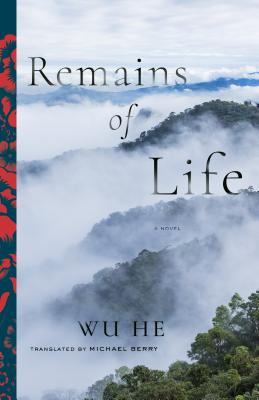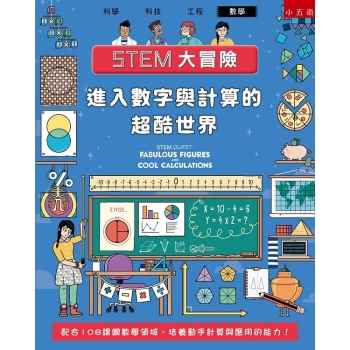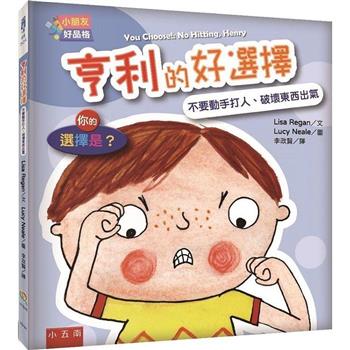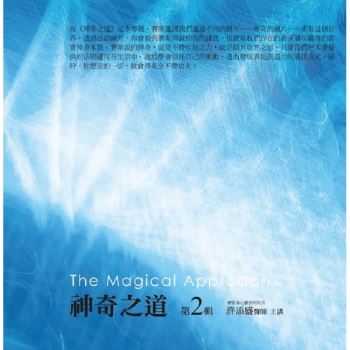| FindBook |
有 1 項符合
Remains of Life的圖書 |
 |
Remains of Life 作者:He,Wu/Berry,Michael(TRN) 出版社:Columbia Univ Pr 出版日期:2017-04-11 語言:英文 規格:平裝 / 14 x 21.6 x 1.9 cm / 普通級/ 譯本 |
| 圖書館借閱 |
| 國家圖書館 | 全國圖書書目資訊網 | 國立公共資訊圖書館 | 電子書服務平台 | MetaCat 跨館整合查詢 |
| 臺北市立圖書館 | 新北市立圖書館 | 基隆市公共圖書館 | 桃園市立圖書館 | 新竹縣公共圖書館 |
| 苗栗縣立圖書館 | 臺中市立圖書館 | 彰化縣公共圖書館 | 南投縣文化局 | 雲林縣公共圖書館 |
| 嘉義縣圖書館 | 臺南市立圖書館 | 高雄市立圖書館 | 屏東縣公共圖書館 | 宜蘭縣公共圖書館 |
| 花蓮縣文化局 | 臺東縣文化處 |
|
|
圖書介紹 - 資料來源:博客來 評分:
圖書名稱:Remains of Life
內容簡介
"On October 27, 1930 during an annual sports meet held at Musha Elementary School on an aboriginal reservation deep in the mountains of Taiwan there occurred a bloody uprising unlike anything Japan had ever witnessed in its colonial history. Before noon the Atayal tribe had summarily slain one hundred and thirty-four Japanese in a headhunting ritual that shook the very foundations of Japan’s colonial empire. The Japanese responded to what would later become known as the "Musha Incident" with a militia ofthree thousand, heavy artillery, airplanes, and internationally banned poisonous gas. The Atayal of Musha were brought to the brink of genocide. Nearly seventy years later, Chen Guocheng, a writer best known by his poetic penname Wu He, or "Dancing Crane," traveled to Musha to investigate the long forgotten Musha Incident and search for the "remains of life" - the survivors of the incident and their descendants. Exploring the impetus behind this disturbing historical event and questioning its legitimacy and accuracy, Wu He walks a tightrope between the primitive and the civilized, beauty and violence, fact and fiction. The result is Remains of Life, a powerful and disturbing literary voyage into perhaps the darkest chapter of Taiwan’s colonial history. This one-of-a-kind work is a milestone in Chinese literature and marks the arrival of a major literary voice in the Chinese speaking world. Upon its publication in Taiwan, the novel was awarded virtually every major national literary award including the Taipei Creative Writing Award for Literature, The China Times’ Ten Best Books of the Year Award, The United Daily Readers’ Choice Award, Ming Pao’s Ten Best Books of the Year Award, and the Kingstone Award for Most Influential Book of the Year" --
|











